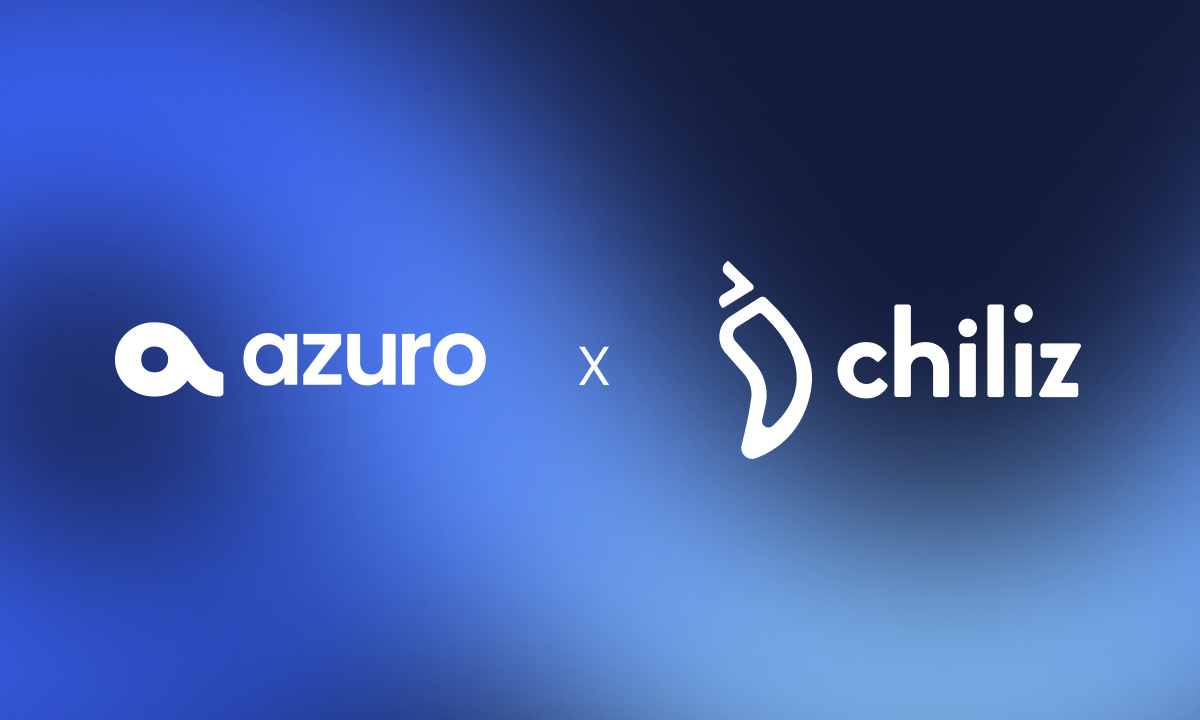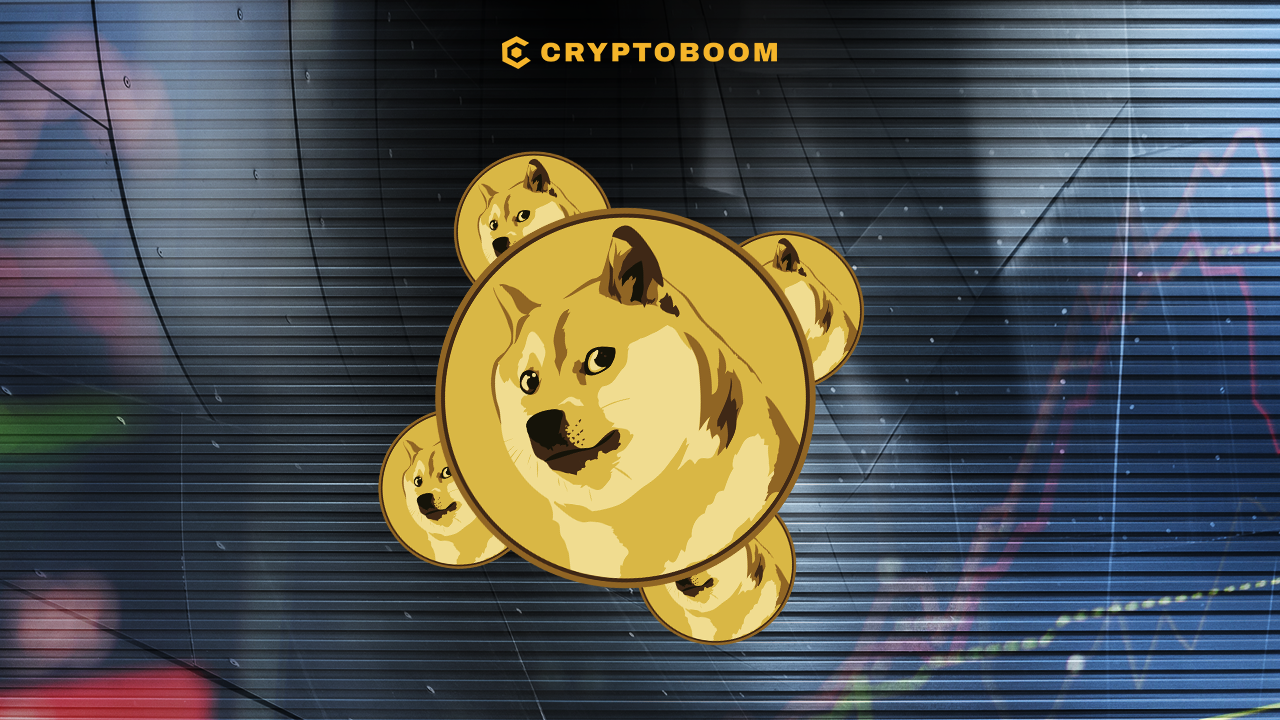A few hours after the halving of Bitcoin Cash, the most famous copy of Bitcoin, the network’s hashrate (computing power) abruptly fell by almost 70%, leading to hours of waiting to confirm a transaction.
According to the charts offered by 2Miners, the BCH hashrate went from 6.27 exahashes per second (EH/s) to 1.91 EH/s in a day and a half, a 69.5% decline. The drop in hashrate means that a large part of the miners on that network decided to stop processing transactions. This is because, due to the halving, the profitability of BCH mining was reduced.
Bitcoin Halving Brings New Difficulties
On April 3, Bitcoin Cash experienced its second halving. In image and similarity to Bitcoin, the event halved the reward for mining, which went from 6.25 BCH to 3.125 BCH.
It must be remembered that BCH is a fork of the Bitcoin network, which was born in 2017 due to a technical-ideological division in the Bitcoin community, which did not reach an agreement for the network to process more transactions.
Due to the disconnection of Bitcoin Cash miners and the consequent drop in hashrate, the transaction processing time has been extended by more than 140 minutes.
In parallel, and despite the fact that the BCH hashrate has decreased since the halving, the price of that cryptocurrency has recovered slightly. Since Thursday, April 4, the price of Bitcoin Cash has grown by 3%, to be trading, at the close of this report, at USD 692.7, according to CoinMarketCap.
Bitcoin Cash Price shows signs of recovery after slight correction: source: Coinmarketcap
It is not a good sign
Based on many of the technical similarities between Bitcoin Cash and Bitcoin, developers like Peter Todd came out to warn that the hashrate situation in BCH “is not a good sign.” He even warned that a similar scenario could be extrapolated in Bitcoin.
According to Todd, “it is possible that a lesser form of this will also happen to Bitcoin” when the fourth halving takes place, scheduled for April 20, 2024.
However, the disconnection of miners would not be as extreme as in BCH, according to Todd. This is because much of the reward for mining Bitcoin comes from transaction fees. “And those who transact Bitcoin can afford to pay quite high fees,” he said. Even so, he insisted, “it is not good” that BCH experiences such a decrease in its computing power.
Now, it is possible that after the Bitcoin halving some mining equipment will lose profitability in that network. Therefore, they could see a second life in Bitcoin Cash, since both protocols share the same mining algorithm, SHA-256, and the difficulty will be more bearable for operators. With this, the Bitcoin Cash hashrate could increase again.
Todd’s warning about Bitcoin’s hashrate following the halving echoes estimates from analytics firm Hashrate Index, which in a recent blog projected that even if the price of BTC rose or fell after the reward split, the disconnect of Bitcoin miners is safe.
From Hashrate Index they believe that, if the current price of BTC remains or increases moderately after the halving, 3.7% of the global Bitcoin hashrate “may be disconnected.” Now, if the price of BTC falls, they project a miner disconnection of up to 16%.












